Nature
-
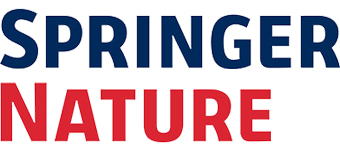
Heard Libraries and Springer Nature establish open access publishing agreement for ‘Nature’ and other leading science journals
Vanderbilt University’s Jean and Alexander Heard Libraries have announced an open access agreement with Springer Nature, a global leader in research publishing. The agreement, the first of its kind in North America, enables Vanderbilt-affiliated authors to maximize the dissemination and citations of their research without incurring article processing charges when publishing in Nature, the world’s leading multidisciplinary science journal, and 38 other Nature hybrid journals that are part of the publisher’s portfolio. Read MoreFeb 28, 2025
-
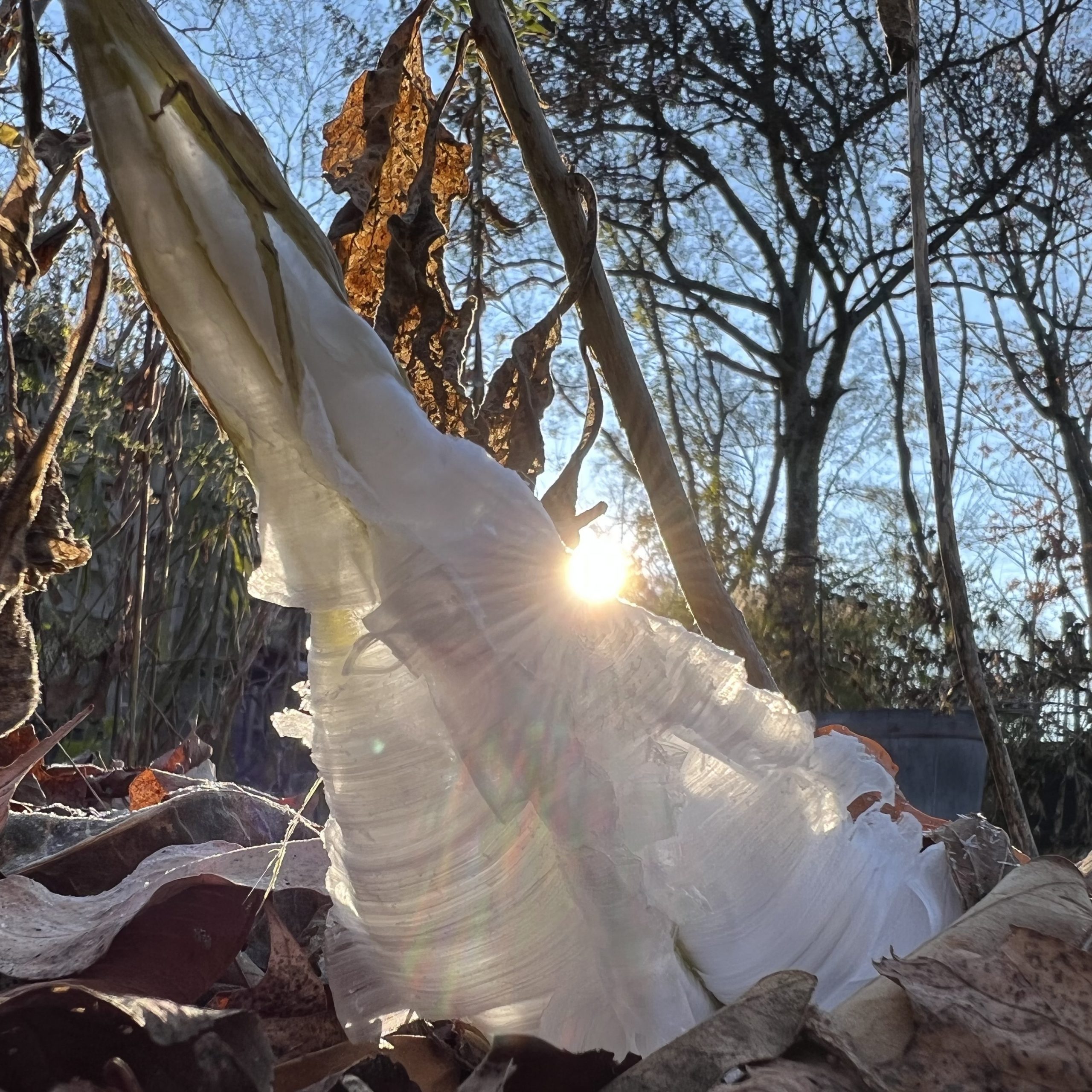
“Frost Flowers” an excerpt from ‘This is How a Robin Drinks’
Right now, these native “flowers” are blooming in Nashville—at least, until they melt, which is typically right after they form. Frost flowers are winter ephemerals. They happen when air temperature drops below freezing and warm groundwater rises to extrude itself through the conduit of a real flower stem, especially if that stem is a white crownbeard (Verbesina virginica). “Ice segregation” is the process at work. Water and vapor freeze on contact with air, and waves from within push older crystals forward and out. Read MoreDec 2, 2024
-
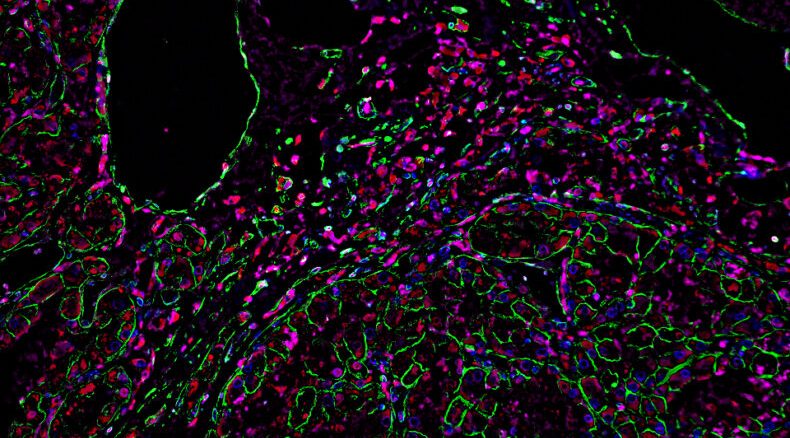
Obesity-cancer connection discovery suggests strategies for improving immunotherapy
The study reported in the journal Nature provides a mechanistic explanation for the “obesity paradox” — that obesity can contribute to cancer progression but also improve response to immunotherapy. Read MoreJun 13, 2024
-
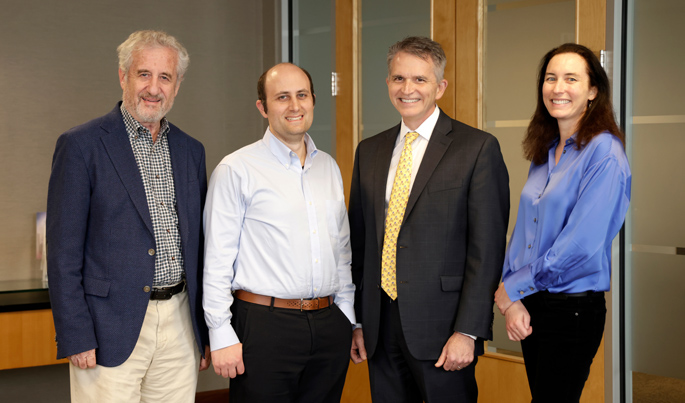
VUMC part of major step to achieving precision medicine
An analysis of genomic data from nearly 250,000 participants in the National Institutes of Health’s All of Us Research Program has identified more than 275 million previously unreported genetic variations, nearly 4 million of which have potential health consequences. Read MoreFeb 19, 2024
-
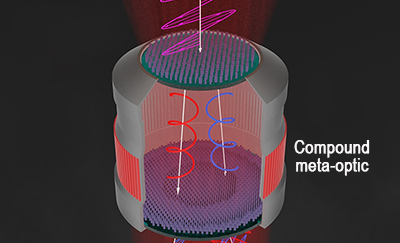
Nanostructured flat lens uses machine learning to ‘see’ more clearly, while using less power
A front-end lens, or meta-imager, created at Vanderbilt University can potentially replace traditional imaging optics in machine-vision applications, producing images at higher speed and using less power. Read MoreJan 5, 2024
-
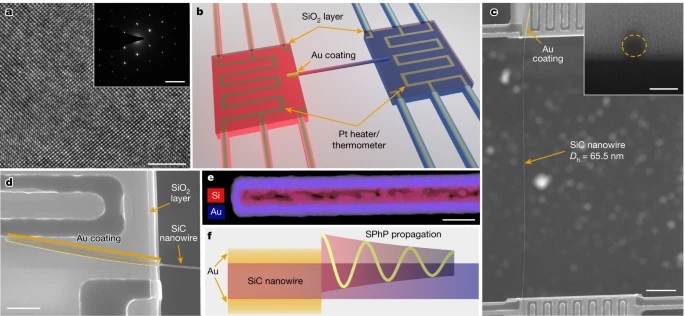
Researchers’ breakthrough in thermal transport could enable novel cooling strategies
Vanderbilt mechanical engineering professors Deyu Li and Josh Caldwell are part of a team of researchers who have discovered a new heat dissipation channel using phonon polaritons that could have extensive implications for novel cooling technologies in devices like smart phones and other modern electronics. Read MoreNov 16, 2023
-
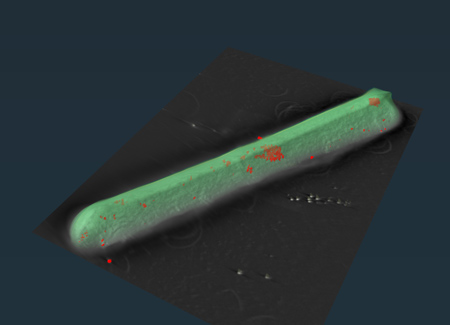
Novel C. diff structures are required for infection, offer new therapeutic targets
Vanderbilt research discovers that iron storage “spheres” inside the bacterium C. diff — the leading cause of hospital-acquired infections — are important for infection in an animal model and could offer new targets for antibacterial drugs. Read MoreNov 15, 2023
-

Vanderbilt researchers to present findings at Nature conference on Bioengineering for Global Health
Several Vanderbilt faculty members are among an international roster of scholars presenting research at the Nature conference, “Bioengineering for Global Health,” at Vanderbilt University Nov. 13–15. Faculty members from the Department of Biomedical Engineering and editors from Nature Communications, Nature Biomedical Engineering and Nature Reviews Bioengineering led the organization of the conference. Read MoreNov 9, 2023
-
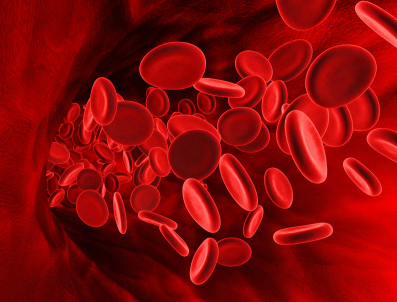
Research identifies new target that may prevent blood cancer
An international coalition of biomedical researchers co-led by Vanderbilt's Alexander Bick, MD, PhD, has determined a new way to measure the growth rate of precancerous clones of blood stem cells that one day could help doctors lower their patients’ risk of blood cancer. Read MoreApr 12, 2023
-

Cardiac antigen identified as mechanism for heart complication with immunotherapy-related myocarditis
Researchers from from Vanderbilt-Ingram Cancer Center have identified the mechanism for the deadly heart inflammation myocarditis. Read MoreNov 16, 2022
-

International research collaboration reveals new possibilities in nanophotonics
Joshua Caldwell, Flowers Family Chancellor’s Faculty Fellow in Engineering and associate professor of mechanical engineering, and Joseph Matson, a graduate student in Caldwell’s lab, have contributed to an international study that has discovered a new type of light-matter coupling. The work has long-term implications for how optical components can be even further miniaturized, a discovery... Read MoreMar 3, 2022
-

Study finds genetic risk factors for severe COVID-19 illness
A massive worldwide collaboration including researchers from Vanderbilt University Medical Center (VUMC) has identified several genetic factors associated with SARS-CoV-2 infection and severe COVID-19 illness. Read MoreJul 8, 2021
-
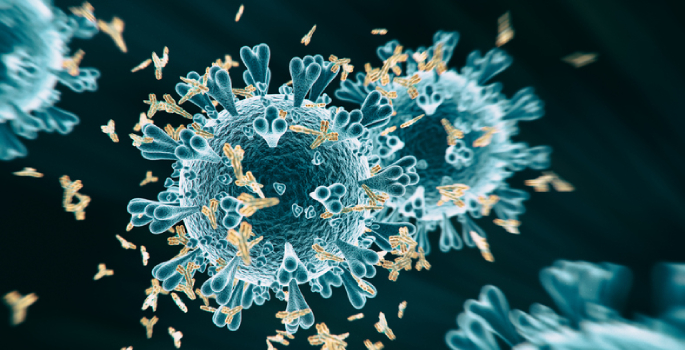
Combination antibody therapies should retain effectiveness against emerging COVID-19 variants: study
Five monoclonal antibody “cocktails,” including one developed at Vanderbilt University Medical Center (VUMC), are protective in animal studies against several variant strains of COVID-19, according to a report this week in the journal Nature. Read MoreJun 22, 2021
-
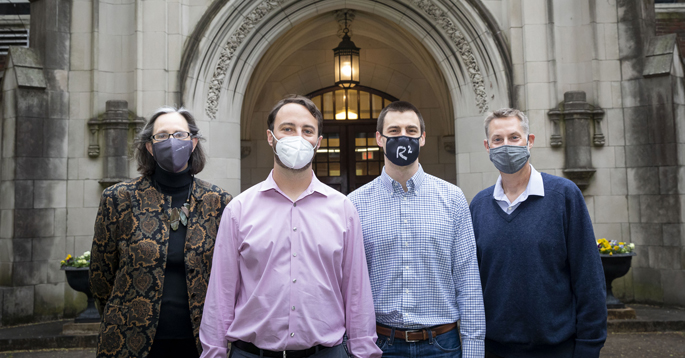
Study revises understanding of cancer metabolism
Tumors consume glucose at high rates, but a team of Vanderbilt researchers has discovered that cancer cells themselves are not the culprit, upending models of cancer metabolism that have been developed and refined over the last 100 years. Read MoreApr 7, 2021
-
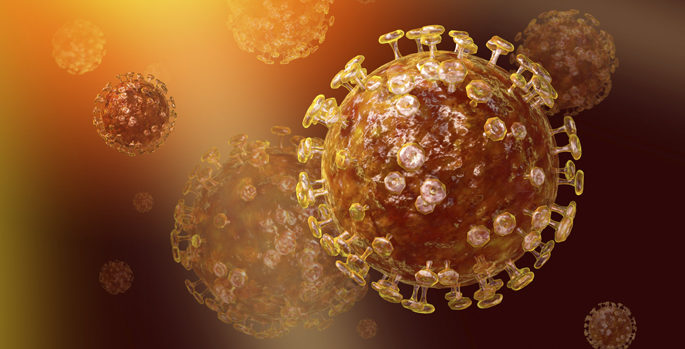
COVID-19 long-acting antibodies discovered by Vanderbilt University Medical Center move to phase 3 clinical trials
AstraZeneca is advancing into phase 3 clinical trials with an investigational COVID-19 therapy of two long-acting antibodies discovered by Vanderbilt University Medical Center and optimized by AstraZeneca. Read MoreOct 13, 2020
-
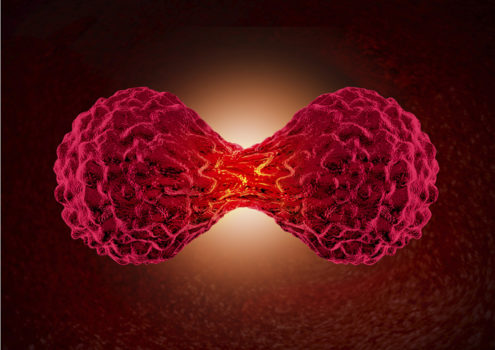
Study identifies critical regulator of tumor-specific T cell differentiation
A study published June 17 in Nature offers clues as to why blocking inhibitory receptors on tumor-infiltrating T cells may not always work Read MoreJun 18, 2019
-
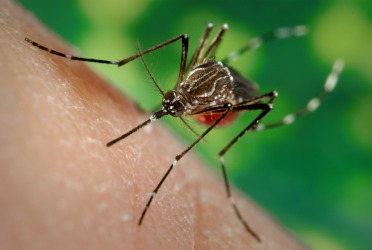
Alphavirus “Achilles heel”
Targeting the protein that mosquito-borne viruses use to enter cells could be a strategy for preventing infection by multiple emerging viruses. Read MoreMay 17, 2018
-

Study catches ‘notorious’ drug pump in action
Researchers at Vanderbilt University Medical Center (VUMC) have mapped the conformational changes that occur in a protein “notorious” for pumping chemotherapeutic drugs out of cancer cells and blocking medications from reaching the central nervous system. Read MoreMar 16, 2017
-
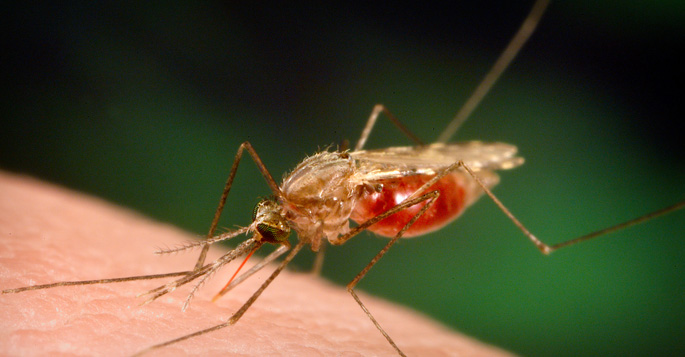
Early study finds antibody that ‘neutralizes’ Zika virus
Researchers at Vanderbilt University Medical Center and Washington University School of Medicine in St. Louis have isolated a human monoclonal antibody that in a mouse model “markedly reduced” infection by the Zika virus. Read MoreNov 7, 2016
-

Study explores low oxygen’s impact on antibody quality
Hypoxia (lack of enough oxygen) is bad for the body as a whole, but in the neighborhood where infection-fighting antibodies arise, may be important for keeping proper order. Read MoreAug 11, 2016